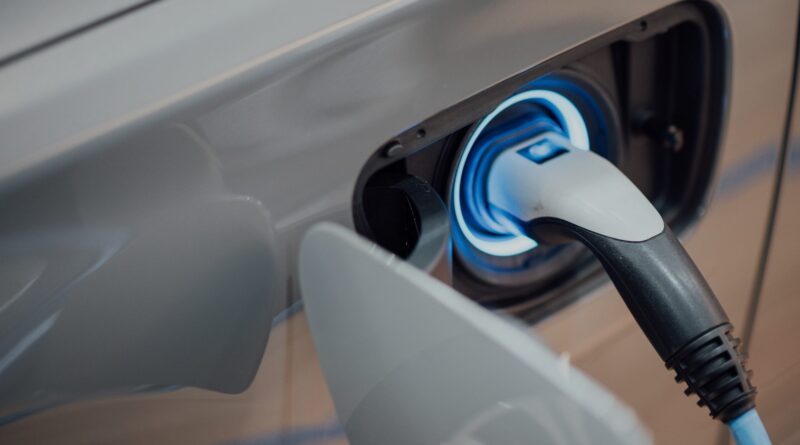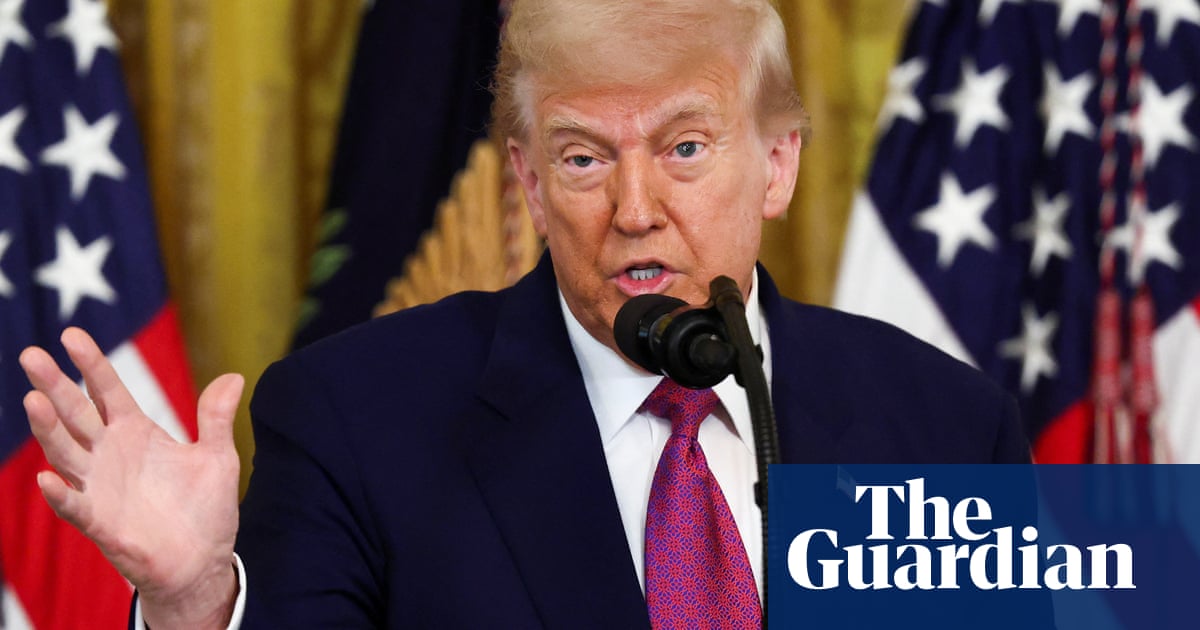EV Charging Expansion Gains Momentum Despite Tax Credit Uncertainty

In a significant development for the electric vehicle (EV) industry, the US Congress has moved closer to passing a tax bill that could eliminate the $7,500 federal tax credit for EVs. This potential setback comes as President Trump’s administration pushes forward with its tax reform agenda. Despite the looming threat to the tax credit, the EV charging sector is witnessing a surge in activity, suggesting that the electrification movement in the US remains robust.
Leading the charge in this evolving landscape is a new partnership between Georgia-based Invisible Urban Charging (IUC) and Colorado’s Redaptive. Both companies are at the forefront of the “X-as-a-service” industry, offering innovative solutions like charging-as-a-service to property owners. This model allows for the installation of EV charging stations without upfront costs, thereby addressing a significant barrier in multi-unit rental housing and large-scale parking facilities.
Charging-as-a-Service: A Game Changer
The collaboration between IUC and Redaptive leverages their combined expertise in providing turnkey solutions for EV charging infrastructure. Under this partnership, Redaptive will finance IUC’s EV charging station contracts in both Europe and the US. This strategic move is poised to alleviate the bottlenecks in EV charging availability, particularly in large public parking and workplace facilities.
IUC has ambitious plans, having secured a five-year agreement with real estate giant CBRE to deploy one million chargers. This initiative targets locations with 500 or more parking spaces, with CBRE handling site selection and project management. IUC will supply the necessary hardware and software, managing operations through its platform.
The Broader Context: Industry Resilience
This partnership was established before the potential elimination of the EV tax credit became a pressing issue. As of April 2024, then-President Joe Biden faced challenges in his re-election campaign, with candidate Trump gaining momentum. The political climate has raised concerns about the future of the EV tax credit, yet the industry continues to advance.
Other players in the field are also making strides. The IONNA consortium, which includes major automakers like BMW, General Motors, and Toyota, is developing lounge-style charging stations across the US. This initiative underscores the industry’s commitment to expanding charging infrastructure despite political uncertainties.
Financial Backing and Market Expansion
Redaptive’s strong financial backing further bolsters its partnership with IUC. Supported by investors such as Linse Capital and the Canadian Pension Plan Investment Board, Redaptive recently secured a $650 million credit facility. This funding will enhance its ability to finance projects with partners like IUC, facilitating the growth of its energy-as-a-service platform.
For IUC, the collaboration with Redaptive is expected to accelerate its business significantly. Co-CEO Jake Bezzant highlighted the benefits of the partnership, stating,
“The addition of this financing creates a single source of sustainable, market-ready EV deployments for commercial real estate, with no upfront costs, fixed monthly expenses, exceptional service, and highly transparent, efficient energy solutions.”
Looking Ahead: A Promising Future
Despite the potential loss of the EV tax credit, IUC is progressing towards its goal of deploying one million chargers. The company has already secured contracts for several hundred new chargers and announced plans for 5,000 chargers with Icon Parking in New York City. This expansion is supported by Icon’s acquisition by Hudson Valley Parking Trust, which has broadened its reach into new markets.
As the House of Representatives reviews the Senate’s tax bill, the fate of the EV tax credit remains uncertain. However, the continued momentum in the EV charging sector suggests that the industry is poised to overcome this challenge. The collaboration between IUC and Redaptive, along with other industry initiatives, highlights a resilient and forward-looking approach to vehicle electrification in the US.






